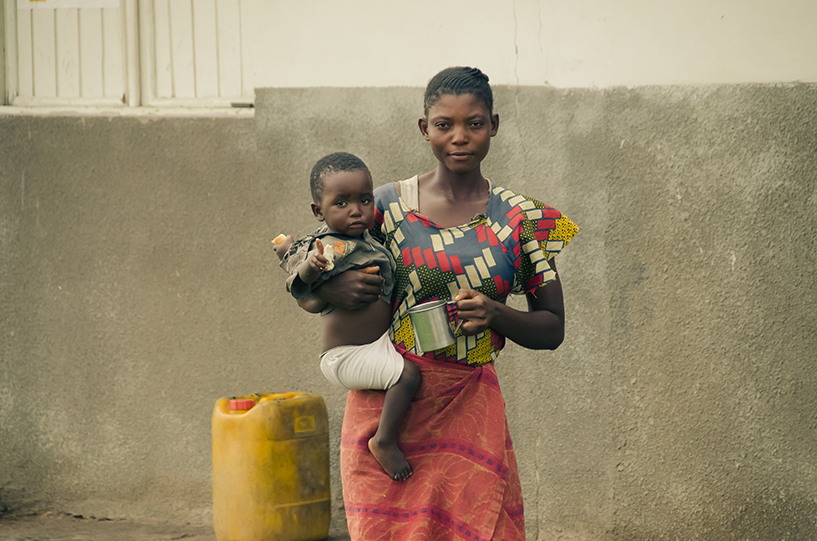To Build Health Systems in Fragile Settings, Put Women First
To Build Health Systems in Fragile Settings, Put Women First

In the face of conflict, natural disasters, or other crippling events, women disproportionately suffer from preventable illnesses and death. In such circumstances, women are more likely to experience gender-based violence, and they have more difficulty accessing basic health services, such as obstetric care and family planning. This was evident in the wake of the Ebola outbreak in West Africa, when maternal mortality rose sharply between 2013 and 2015; with the HIV epidemic, when rates of HIV among young women soared in sub-Saharan Africa; and with spikes in sexual and gender-based violence that occur during a humanitarian crisis.
Quality care that is responsive to the unique needs of women and girls and adaptive in the context of fragility is no longer optional. Addressing the factors that influence women’s access to health services and health-seeking behaviors by putting women and girls as the active drivers of care and not passive receivers, especially in fragile settings, is complex. Doing so requires gender transformational approaches to health systems that address women’s health throughout their life course (infancy, childhood, adolescence, and adulthood). At Management Sciences for Health, we have designed and tested approaches and tools that can be adapted and enhanced to be relevant, feasible, and effective in challenging, changing contexts.
In Kenya, Uganda, and Guatemala, we put women—particularly young women—in the driver’s seat of antenatal care (ANC) through a co-creation process designed to ensure that health services during pregnancy and childbirth are responsive to local needs and preferences. By listening to and engaging women in the design and delivery of ANC services, we are improving the care they receive and ensuring their dignity is respected. Through our group ANC programs, our results document increases in the number of ANC visits and health literacy. In Malawi and the DRC, through our “champion men programs,” we’ve invested in women and girls within the context of the communities and the men around them, helping address underlying gender influences and harmful power imbalances. And in Madagascar, after the bubonic plague broke out in 2017, MSH’s team rapidly engaged women leaders across sectors in the community, layering education, economic strengthening, and food security with health to stop the outbreak.
These are only a few of the many examples showcasing some of the biggest returns for countries that come from ensuring that women, children, and adolescents survive and thrive. Systems are transformed for and by women to meet their needs, especially in fragile settings. As a global community, we need to drive change to protect those most vulnerable by putting women first so everyone can reach their full potential.